It is not uncommon for people who live vegan to face criticism about their diet. The increased risk of nutrient deficiencies is a particularly common argument. And this, in turn, is said to damage the teeth. But what is behind the criticism?
After my last article on the vegan lifestyle and oral health, I delved deeper and deeper into this topic. I am glad that this topic seems to have helped several people who had the same question as me. So here is the 2nd article with perhaps the most important topics when it comes to vegan dentistry.
It is not uncommon for people who live vegan to face criticism about their diet. The increased risk of nutrient deficiencies is a particularly common argument. And this, in turn, is said to damage the teeth. But what is behind the criticism?
According to the following reasons, it is said that vegans have worse teeth. Let's look at them together.
My trusted dentist, Dr. Alberto Fanelli, will answer these questions. You can send me your questions at the end of the article and I will be happy to answer them together with him.

Dr. Alberto Fanelli
Specialized in Endodontics, Conservative and Prosthetics
- Vegans have nutrient deficiencies
Following a vegan diet means finding alternatives to many foods that are part of the daily diet of non-vegans. All animal foods are automatically eliminated: meat, of course, but also milk, butter, eggs, etc.
Dr. Fanelli: What nutrients do we need to keep our teeth healthy?
As far as dental health is concerned, it is not only vegans who need to pay attention to calcium and vitamin D. A good intake of these two micronutrients plays an important role not only in maintaining bone density but also in the mineralization of teeth. An unbalanced diet, a deficiency of vitamin D, and an insufficient intake of calcium are therefore potentially harmful to all teeth.
It is important to get these important nutrients from other food sources such as Chinese cabbage, black cabbage, kale, broccoli, white beans, almonds, sesame paste, dried figs, calcium-rich seaweed, and calcium-fortified foods.
- Vegans and acidity
That a vegan diet focuses on fruits and vegetables is obvious. And it is true, the acid in fruit can attack tooth enamel and "dissolve" it. Enamel is very important for our teeth, it is like a protective coating and it heats up against acids, heat, and cold. However, this does not mean that you should stop eating fruit.
Dr. Fanelli: after every meal it is recommended to rinse your mouth with water to neutralize the acids. Attention: it is recommended to wait half an hour after each meal before brushing your teeth. Otherwise, the softened enamel can simply be pushed away and once it is gone, it will not come back.
- Vegans have a calcium deficiency
Doctors recommend drinking cow's milk or consuming dairy products for dental health but it is not the only way to get calcium. A calcium-rich diet with fortified plant drinks, tahini, nuts, and/or appropriate mineral water can meet calcium needs.
- Vegans tend not to use fluoride toothpaste.
Research has shown that vegans are more likely to choose fluoride-free toothpaste because they are unsure about this ingredient. This trend started a few years ago and that is why many consumers now believe that fluoride is dangerous.
Dr. Fanelli, is fluoride harmful?
Fluoride is a very important component because it promotes the formation of enamel that is more resistant to bacterial plaque attack and is therefore essential for healthy and robust tooth growth. It helps prevent cavities by forming fluoroapatite, making the surfaces of the teeth more resistant to acid attacks produced by bacteria. Proper fluoride prophylaxis can be implemented systemically (water, milk, salt, etc.) and topically (gels, toothpaste, mouthwashes). Obviously, it becomes dangerous only when intake, especially during the growth period of the organism (particularly before the age of 8), exceeds a certain threshold exposing to the risk of fluorosis. A pathology in which the structure of the tooth is weakened because it is altered by the excessive amount of fluoride.
If fluoride prophylaxis is correct, a good alternative to fluoride is given by our toothpastes because we use the active ingredient hydroxyapatite. Clinically, hydroxyapatite resembles the property of tooth enamel, so it can help protect the surface of the tooth from erosion.
So being vegan and having healthy teeth is not a problem if you know how to act. Naturally, this includes thorough daily dental care as well as check-up visits with professional teeth cleaning. If you have questions for Dr. Fanelli, feel free to write to me at any time: nora@promis.care or on Instagram.
Our products are vegan: discover here our promis paste with and without fluoride



